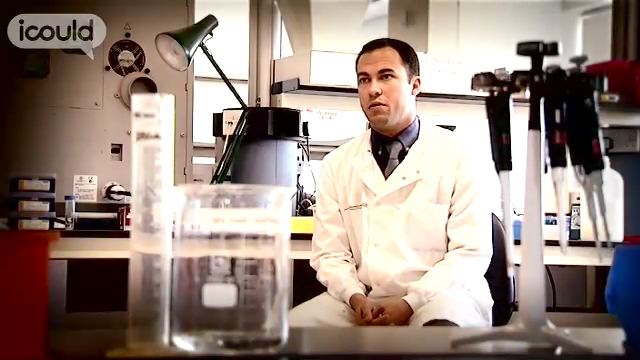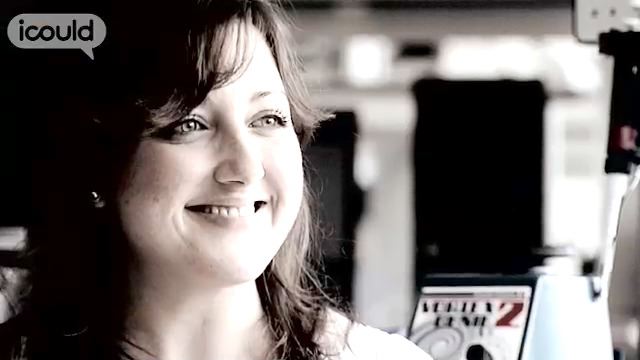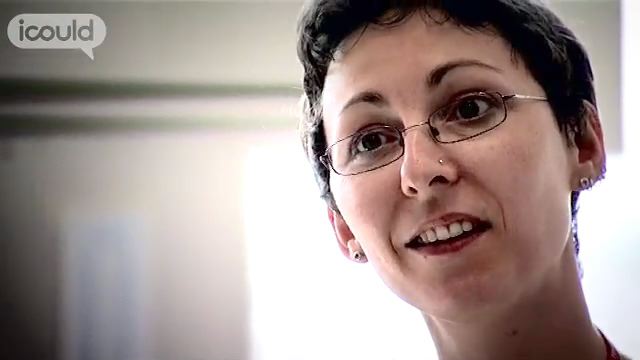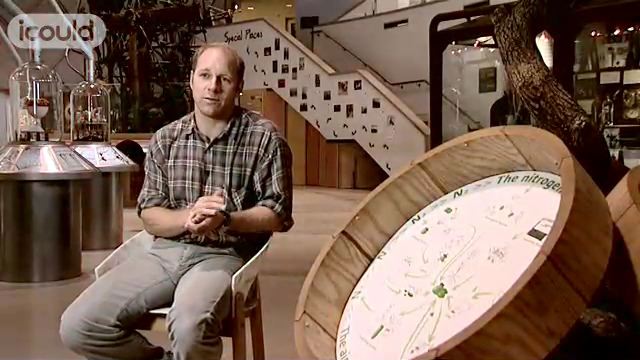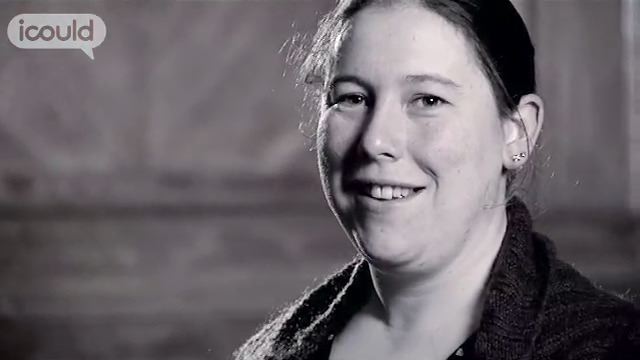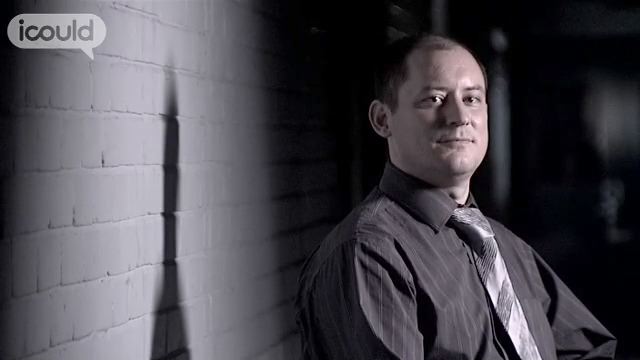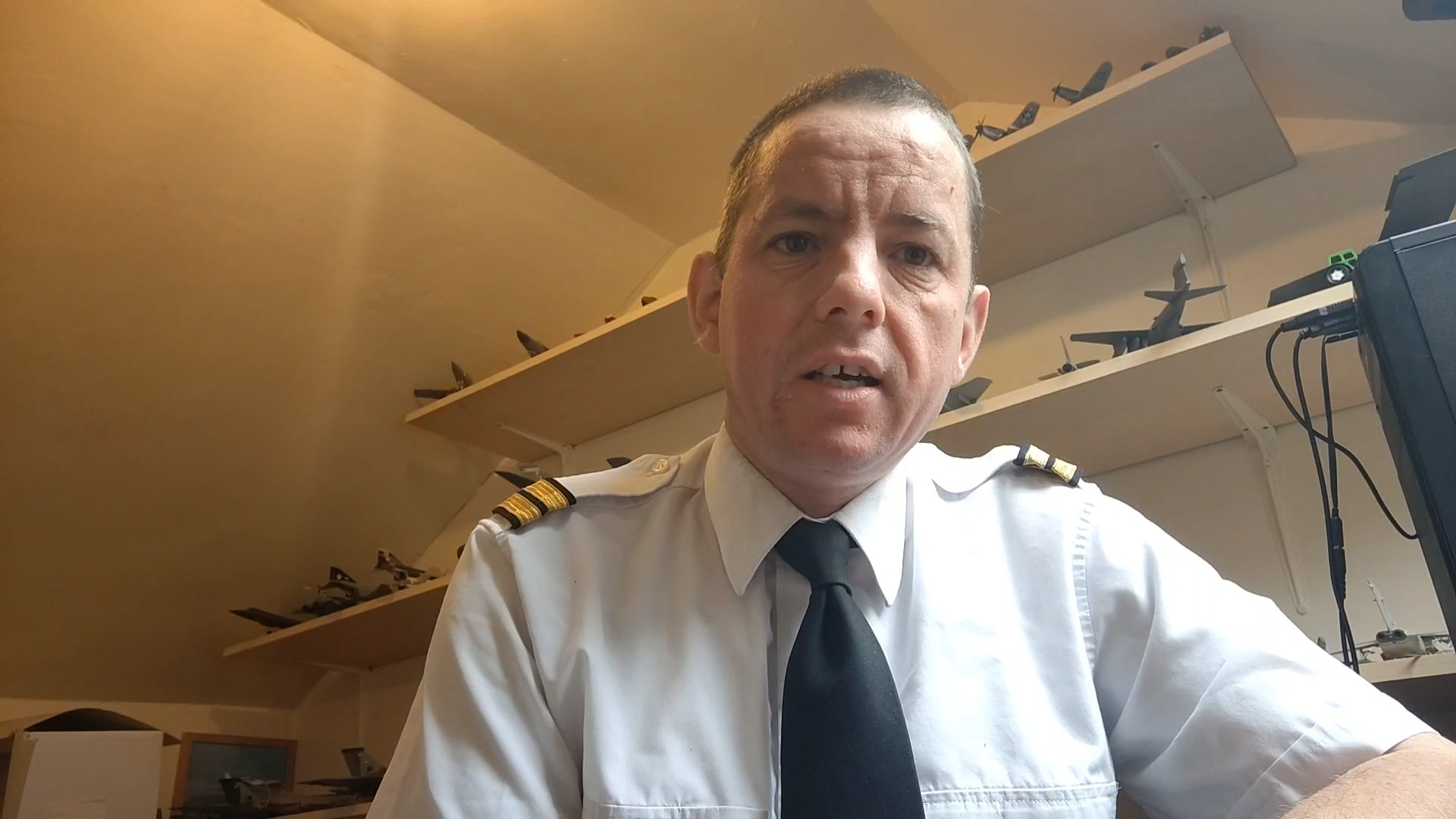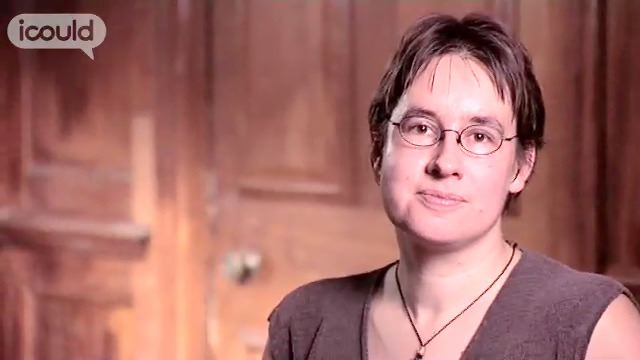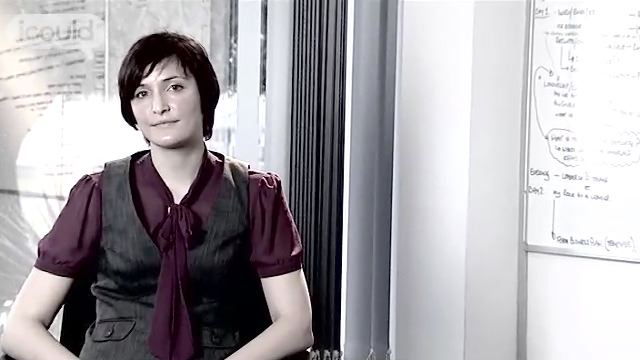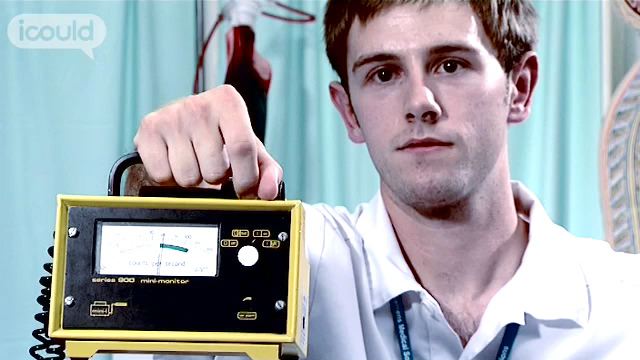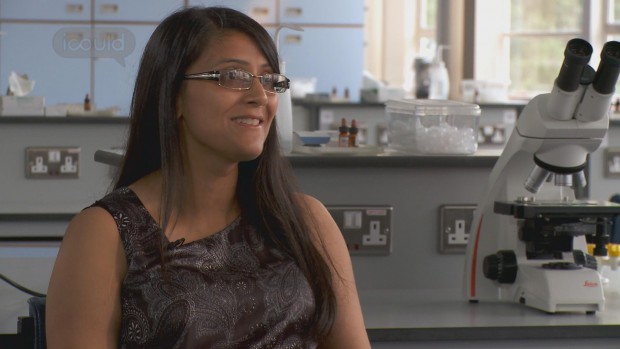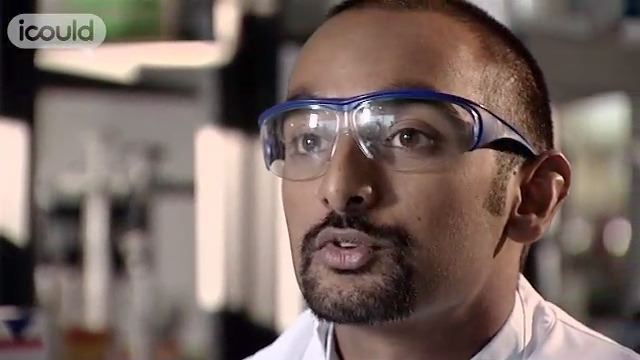Clinician
Pfizer
Nandini C
0.00.00 My name is Nandini C and I work as a Clinician at Pfizer. So as a Clinician I’m a medically qualified doctor and I also have a PhD in biochemistry, although you don’t need to have the PhD in order to do the job. I’m involved in helping to develop new medicines for patients. So I can be involved in the design of clinical studies, monitoring the results, making sure that the drug is safe and that it’s working properly in patients.
0.00.30 At school my grades were actually quite mediocre. I certainly wasn’t one of these star students. And for the most parts my teachers weren’t particularly interested in me. In fact when I went for my careers advice my careers advisor suggested to me that I should stop school at 16 and just not bother to study any hard subjects.
0.01.00 So of course that did make me question my own belief in myself, so that was probably the first obstacle that I had to overcome. Most of my time than anything else, I actually did apply to study a science degree at university and still because I was trying to figure out what I wanted to do, but I knew that I liked science and I passed my A levels to the surprise of my teachers and did actually go on and complete my degree. I moved back actually and lived with my parents for a year, worked in a toy factory,
0.01.30 and saved up some money and then went back to school and took a Masters degree in biochemistry in London and after a year I knew pretty much then that I wanted to do a PhD, so I then continued with my further education and did a PhD. After I’d finished my PhD and got that under my belt I felt like I wanted to see a bit more of world and having a PhD is lucky in that researchcan take you to many different labs all over the world.
0.02.00 So I applied for a research position as a post-doctoral research fellow in a lab in Montreal in Canada. Moving away from home and actually relocating to a completely different country is an amazing experience. I would recommend that to anybody if they have that opportunity. You certainly learn a lot about yourself, having to manage things on your own, you don’t have that support network that you have back in the UK.
0.02.30 You meet some incredible people and I got to learn, I learnt to speak French fluently for example when I was there and also learned to play ice hockey, somewhat badly but I can get around a skating rink, and even scored a goal, so that was a great experience. After I’d finished my post-doctoral research and decided that I wanted to do something more immediately applicable
0.03.00 or relevant to people and to society, so at that point I applied to medical school and that led me on of course to do my training and qualify as a doctor and that allowed me to actually combine all of the different parts, things that I’m interested in just normally actually into a career and into a job and then that’s led me to my current position as a Clinician.
0.03.30 My family were very supportive so they provided me I think with a fantastic basis of a loving environment and obviously their belief in me helped me to believe in myself as well. But obviously they weren’t in a position financially to support me so, you know, that had to come from me. But certainly they provided me with a very good family life and also instilled me the importance of a good education.
0.04.00
Nandini C is a Clinician at Pfizer. She wasn’t particularly academic at school, in fact the careers advisor suggested she should leave at 16. Fortunately she didn’t take the advice, and she has a Masters degree and PhD in biochemistry and is a medically qualified doctor too.
More information about Biological scientists and biochemists
The UK average salary is £29,813
There are 37.5 hours in the average working week
The UK workforce is 47% female and 53% male
Future employment
- Studies the physical and chemical form, structure, composition and function of living organisms;
- Identifies and studies the chemical substances, including microbial infections, involved in physiological processes and the progress of disease;
- Performs tests to study physiological and pathological characteristics within cells and other organisms;
- Researches the effects of internal and external environmental factors on the life processes and other functions of living organisms;
- Observes the structure of communities of organisms in the laboratory and in their natural environment;
- Advises farmers, medical staff and others, on the nature of field crops, livestock and produce and on the treatment and prevention of disease;
- Monitors the distribution, presence and behaviour of plants, animals and aquatic life, and performs other scientific tasks related to conservation not performed by jobholders in MINOR GROUP 214: Conservation and Environment Professionals.
